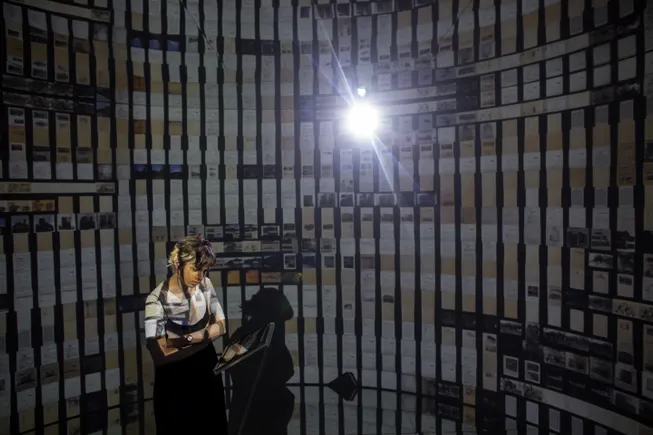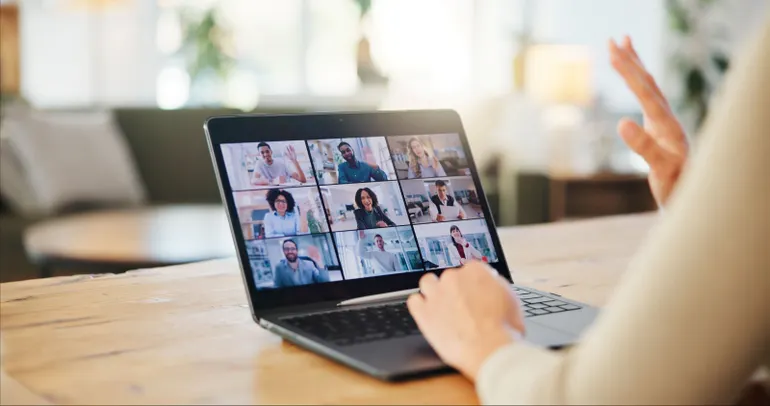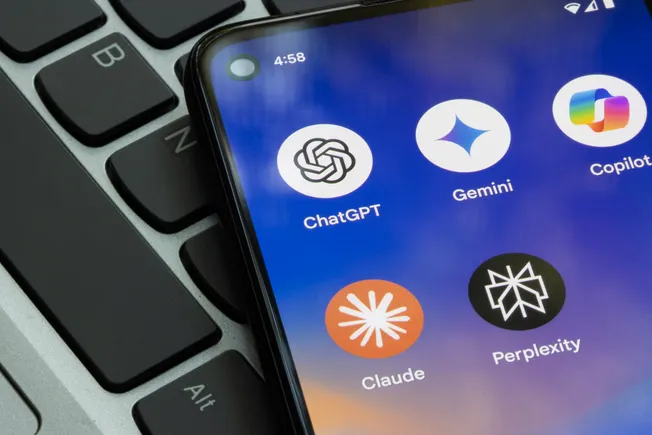Business leaders may be pushing for artificial intelligence at work, but its implementation can be disorienting for workers and HR teams. Employees generally face a massive learning curve when translating AI’s capabilities into actual workplace functions, and sources recently told HR Dive that it will be up to HR departments to articulate a vision to bridge that gap.
Progress has been slow by some measures, with a March report by Jobs for the Future showing that just 31% of workers had access to AI training even though 35% said they used AI tools for work.
Complicating matters, HR teams also face a generational divide on the use — and even basic awareness of — AI tools. For example, Pew Research Center survey data published in June found that 38% of adults under 30 had used OpenAI’s ChatGPT for work, compared to 30% of those ages 30 to 49 and just 18% of those ages 50 and above. And while most adults in Pew’s survey had heard of the platform, older adults were less likely to know much, if anything about ChatGPT.
Workers also have pondered AI’s influence on their own career trajectories, with younger workers in particular considering careers in skilled trades and similar occupations.
Moreover, AI’s presence in HR processes like recruiting has drawn scrutiny over its potentially discriminatory effects on older workers, as alleged in an ongoing lawsuit against HR vendor Workday over its job platform’s automated features. Below, HR Dive has recapped our latest writing on how the multigenerational workforce is responding to AI.






Leave a Reply